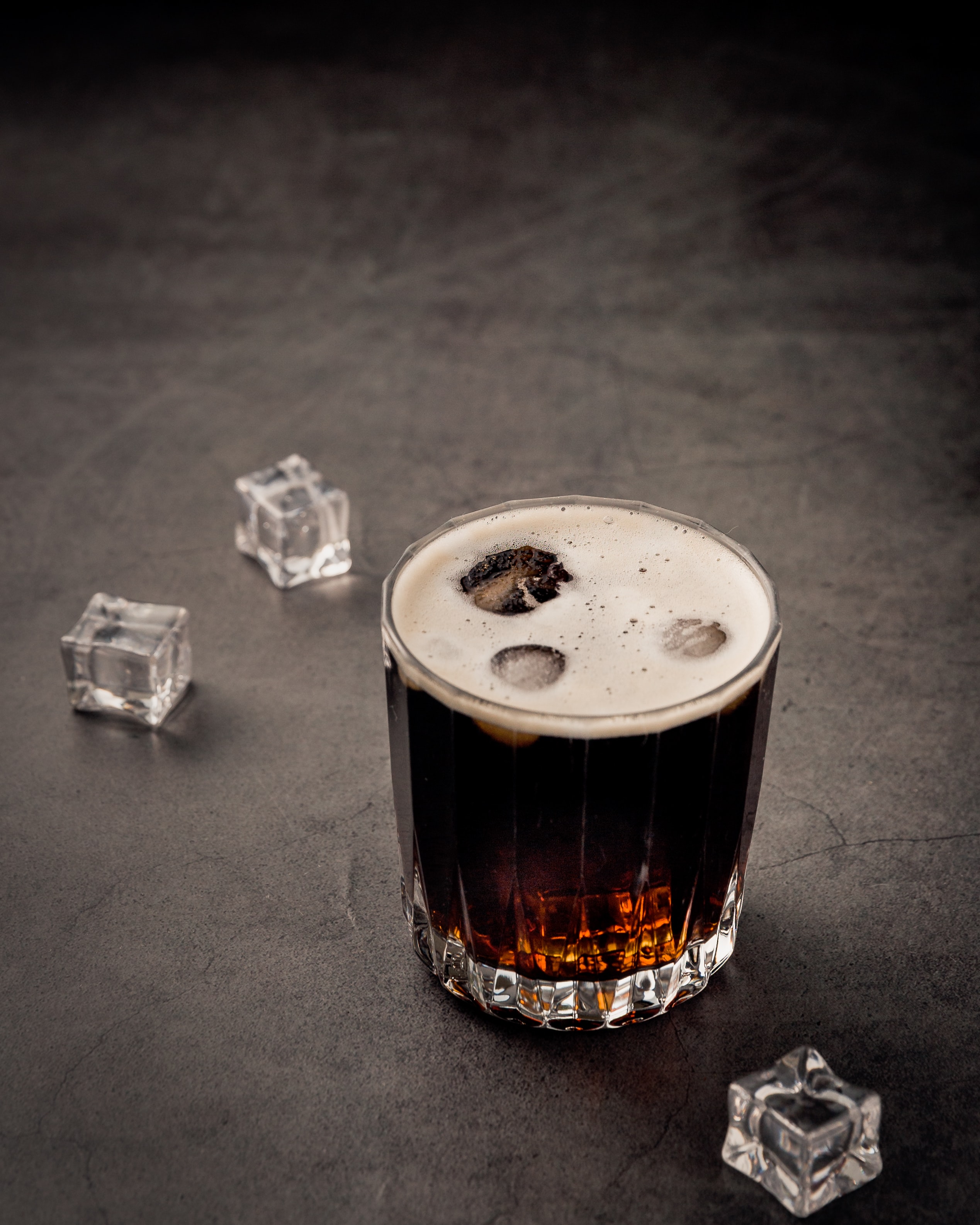Survey shows some have increased their alcohol use amid COVID-19, while others have decreased their intake.
A survey of 500 US adults by Drug Helpline has revealed “most people’s alcohol consumption has not changed since the start of the COVID-19 pandemic.” The analysis found “13% of Americans have increased their drinking since the virus appeared, while 14.5% have been drinking less.”
The Drug Helpline survey also indicated “10% of Americans want to reduce their alcohol intake into the future” and found “85% want to keep their drinking the same.” The data suggests that some drinkers have chosen to increase their drinking habits amid the pandemic, although it is not specified whether the increase is tied to the conditions of COVID-19. Others have chosen to drink less.
As the results could potentially be related to the current crisis, when the coronavirus virus was deemed a National Emergency, most states instituted “stay at home” orders for non-essential workers. This led to the closing of numerous businesses and a high rate of unemployment. Workers forced to stay home felt displaced without any control over the circumstances, which significantly impacted mental health. With alcohol deemed ‘essential,’ weekly sales quickly increased 55% from 2019. Home delivery of alcohol also increased. Many stocked up anticipating a shortage.

“I anticipate a rise in mental health conditions such as anxiety and depression, various substance misuse disorders, and alcohol-related illnesses as a result of increased drinking,” reported Dr. Samantha Miller, a physician and spokesperson for the Drug Helpline. Not having to report to work and with drive time down, many filled with space with drinking at home. Hashtags like #quarantinis began to trend, and people dealt with the stress of uncertainty with alcohol.
“The long-term public-health implications of relapse into alcohol misuse during the pandemic are unknown,” researchers indicate. However, alcohol both addictive and a depressant, meaning it can quickly become problematic and lead to anxiety and depression. While the drug may provide instant relief, the long-time consequences could vastly outweigh the benefits if the substance is mishandled.
A population who had once viewed alcohol as an essential part of socializing also began to intake more at home as bars and restaurants closed their doors. Sporting events, concerts, fairs and festivals were cancelled. Thus, there were far fewer opportunities for social drinking. Some, however, found the act of drinking undesirable without the social aspect, so they reduced the amount they consumed and evened out the overall numbers in the survey.
“In my practice, I have encountered patients drinking far more during the pandemic, which is a deeply concerning trend. The latest survey findings show that there has also been a sizeable proportion of the population who have reduced or maintained their drinking levels,” said Miller. Overall, the results suggest that drinking habits have varied during 2020 with some choosing to turn to substances to cope and others becoming determined to make lifestyle changes.
Sources:
Drinking alone: COVID-19, lockdown, and alcohol-related harm.


Join the conversation!